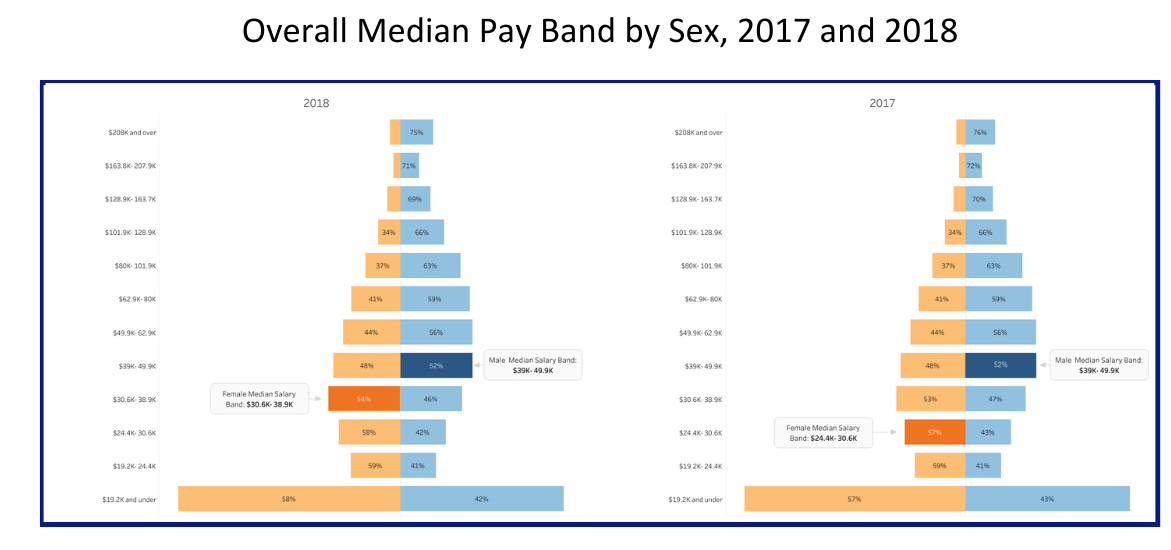The echoes of “equal pay for equal work” resonate more than ever with the recent settlement of a sex discrimination lawsuit involving the Thomas B. Finan Center of the Maryland Department of Health. This mental health center, based in Cumberland, Maryland, will pay a sizable sum of $270,000 to address pay injustices that have persisted for years.
The lawsuit alleged that a less experienced male recreation therapist received a higher wage compared to his four female colleagues who had greater job experience. Unfortunately, their requests for pay equalization fell on deaf ears. The unjust situation squarely contravenes the Equal Pay Act of 1963, a historic legislation that outlawed gender-based pay discrimination.
Passed more than five decades ago, the Equal Pay Act of 1963 set the foundation for a more equitable work environment. Powerhouse politicians like Esther Peterson, the then-assistant secretary of Labor and director of the Women’s Bureau, and President John F. Kennedy, were instrumental in its enactment. Their relentless advocacy and sheer determination ensured the landmark law was etched into the statutory books.
This act revolutionized the workplace dynamic, offering women new opportunities and greater earning potential than ever before. However, the Finan Center case is a grim reminder that the battle for gender parity continues.
If you are a woman who suspects you may be a victim of wage discrimination, it is crucial to recognize your rights. The workplace should be fair and free from any form of discrimination, including gender-based pay discrimination. If you observe discrepancies in your pay compared to your male counterparts who perform equal work, don’t hesitate to raise it with your HR personnel. HR professionals themselves should take the lead in speaking out against such discriminatory practices.
Finally, remember, you are not alone in this fight. Seek the counsel of an experienced employment law attorney to protect your rights and ensure you receive equal pay for equal work. While the journey toward achieving gender pay equality may be tough, each step forward propels us all towards a more equitable future. Every woman deserves equal pay for equal work. The fight for equity and justice continues, and together, we can make a difference.



